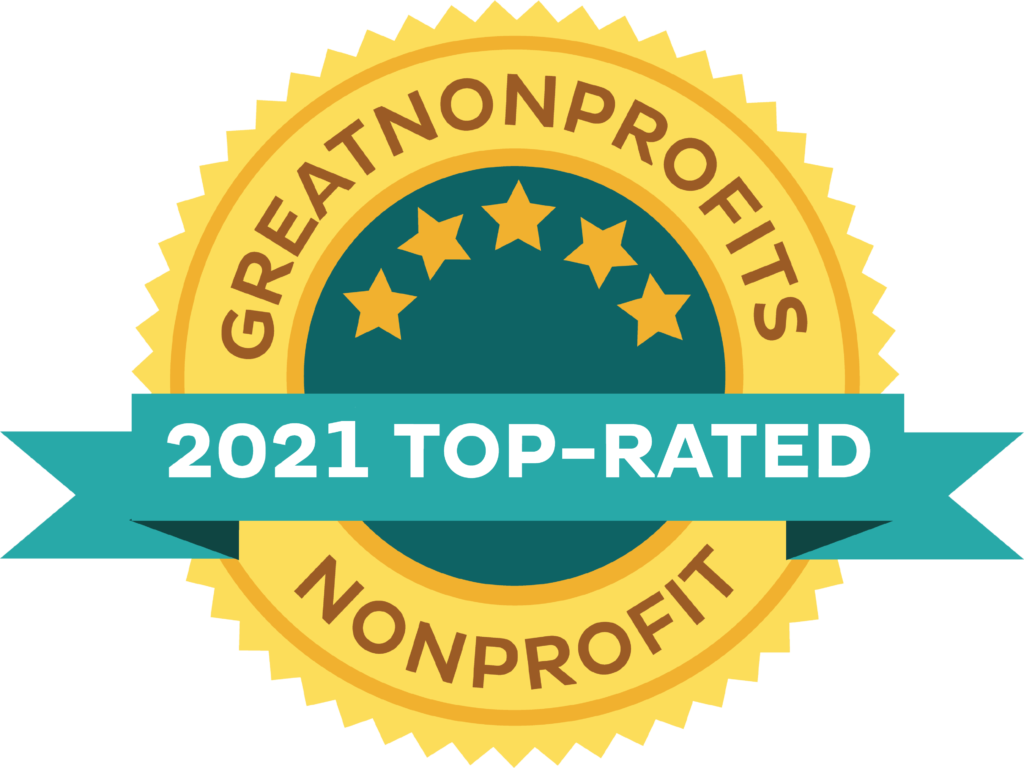FVAP Celebrates Pride Month
June is Pride month, a time to celebrate and support the LGBTQIA2S+ community.
FVAP celebrates the progress the LGBTQIA2S+ movement has made over the years, from the resistance of oppression during the Stonewall Riots to the passing of legislation supporting LGBTQIA2S+ civil rights. Still, there is much work to be done. Despite advances in equality since that time, threats to the LGBTQIA2S+ community abound: so far this year, nearly 240 anti-LGBTQIA2S+ bills have been filed, primarily targeting trans people and, in particular, trans youth. While 2021 marked the highest number of anti-trans legislation in the history of the US, 2022 is slated to break that record. Pride Month reminds us that written in history are the many accomplishments made by the LQBTQIA2S+ community, from advocacy to the passing of unprecedented civil rights legislation. FVAP joins those committed to human rights in honoring this month as an opportunity for reflection, celebration and renewed commitment to continue progressing forward in the spirit of advocacy and allyship to combat anti-LGBTQIA2S+ legislation.



